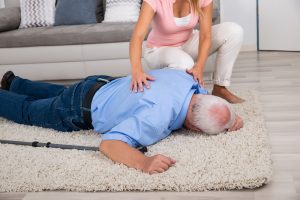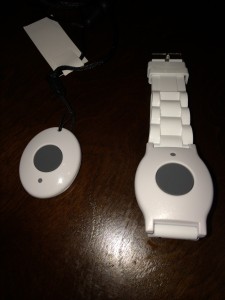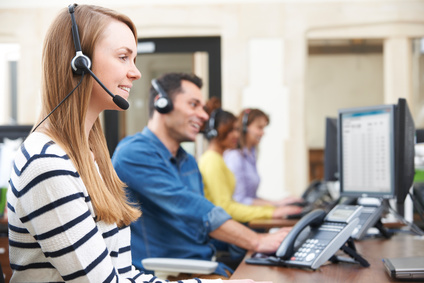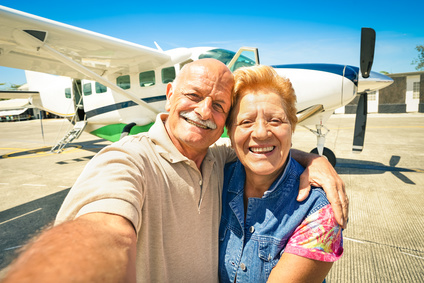Bad Balance? Tips for Avoiding a Dangerous Fall
 Seniors often have problems with balance, putting them at risk of experiencing a dangerous – or even deadly – fall. If you are one of the many, many people who struggle with balance, we have some tips to help you stay safe.
Seniors often have problems with balance, putting them at risk of experiencing a dangerous – or even deadly – fall. If you are one of the many, many people who struggle with balance, we have some tips to help you stay safe.
Keep your home free from clutter.
If you have clutter around the home, such as boxes, various small items, or tend to stack magazines, books, or other items on the floor, your home can be safer by removing these items from all walking surfaces. An unexpected item on the floor, hallway, or stairs is a tripping hazard.
Review your medications with your doctors.
Some medications affect balance. If you take several different types of medications and supplements, it is important that a full evaluation is performed by your doctor to identify potential interactions, or potentially reduce the number of medications you take. Some of the most common medications that can lead to dizziness include antidepressants, muscle relaxants, blood pressure medicines, pain relievers, and sleep medications. If you can reduce your intake of these through natural means, such as diet changes and exercise, it is worth the effort.
Stay strong.
Rather than adopting a sedentary lifestyle, stay active. Take long walks or join an exercise group. Keeping your muscles moving and strong can help you avoid a fall and has the added benefit of the chance to make new friends and enjoy social interactions that can increase your overall quality of life.
Your footwear matters.
While it might feel cozy to walk around in your slippers or stocking feet, this will increase the danger of a fall. Ensure you have flat shoes with a good gripping surface to wear within and outside the home to avoid a slip and fall with dangerous consequences. When walking out-of-doors during rainy weather, ensure you have comfortable, well-fitting footwear with a good tread to help avoid the risk of a fall.
Walking assistance – when its time, its time.
You can be far safer if you have serious balance problems by using an assistive device, particularly during the winter months when rain, ice, or snow can make any walking dangerous. Within the home, add handrails to your stairs, shower, and bathtub, and non-slip treads to your stairways.
If you are at high risk of a fall (as are many seniors) you want to ensure you have a medical alert device. Various types are available, including those with medical alert buttons on pendants or bracelets, as well as mobile versions that will travel with you – review the options before you commit. After a fall, getting immediate medical attention could save your life, so these devices are well worth the investment.



